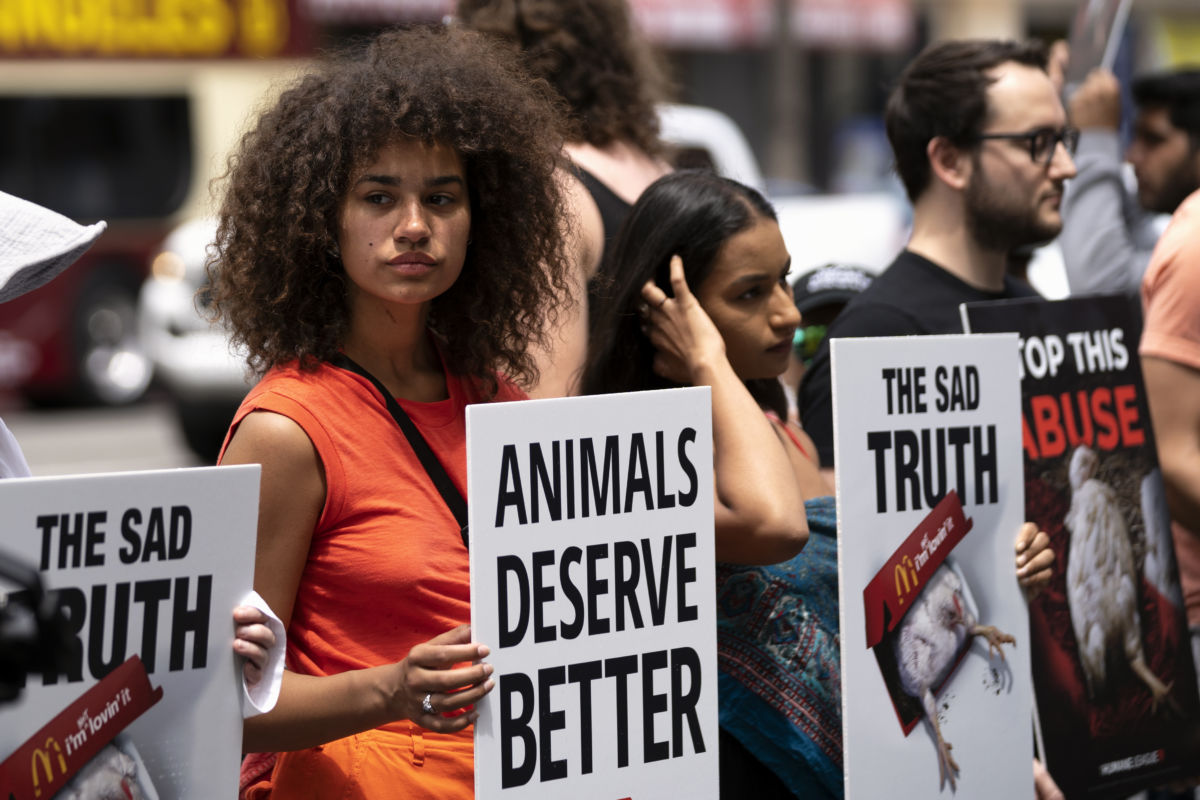



Article by: Hari Yellina
Trespassing onto Australian farms will result in far higher fines for animal campaigners. Victoria is following in the footsteps of other jurisdictions by increasing fines to deter activists from exploiting legal loopholes to stage public protests. Most new agricultural trespass regulations include provisions for illegal hunting as well. The crackdown comes after activists stepped up their anti-farming campaigns, including livestock theft, late-night live-streaming from within enclosures and abattoirs, and other protests. Farm groups frequently complain that those who are eventually arrested are given a slap on the wrist by the courts. Farmers were angry when an activist was fined $1 after three people broke into a Gippsland goat farm and stole four animals in 2019.
The judge placed the activist on a good behaviour bond and ordered her to pay $250 in damages. The Victorian government said this week that its new on-the-spot fines for animal activists trespassing on farms will be the “toughest in the country.” Other states may have different opinions. Farm trespassing will now be punishable by on-the-spot fines of $1272 for an individual and $8178 for an organisation in Victoria. For more serious offences, fines of up to $10,904 for an individual and up to $54,522 for an organisation may be imposed. For “farm invaders,” the Queensland government increased penalties of up to one year in prison or a fine of up to $60,000 in 2020.
As part of the Right to Farm Bill, NSW has enacted new trespass rules that may result in up to three years in prison for people illegally entering farms, allowing stock out, or even tampering with cattle grids. In NSW, fines for “aggravated” farm trespass were set to rise to a maximum of $22,000. South Australia recently enacted a new penalty for farm trespass that carries a fine of up to $10,000 or a year in prison. Farmers in South Australia will be permitted to sue for compensation if trespassers cause them harm. The government also increased the penalties for interfering with farm gates (from $750 to $1500) and introduced on-the-spot $375 fines for the offence, as well as increasing the penalties for disturbing farm animals ($2500 or six months in prison) and doubling the fines for other trespassing offences that occur on primary production land.
The Western Australian government is also toughening up on farm trespassing rules, with a bill proposing fines of up to $24,000 and up to two years in prison for “trespass onto abattoirs, knackeries, or other agricultural production properties.” To protect agriculture, the majority of states are enacting biosecurity regulations. The Victorian government has encouraged farmers to develop a biosecurity management plan that can require approval before anyone can enter the land in order to adopt this new legal protection. The Victorian Farmers Federation has announced that it will work with Agriculture Victoria to assist farmers in implementing these goals.
The new on-the-spot fines for animal advocates who trespass on farms, according to Victorian Agriculture Minister Mary-Anne Thomas, “will be the heaviest in the country.” Farmers and agricultural employees should be able to go about their business without fear of being targeted by animal rights extremists. This type of conduct is extremely upsetting for agricultural families, because it jeopardises animal biosecurity and safety. Animal protection organisations have told parliamentary hearings that they should be allowed to hold peaceful public protests.